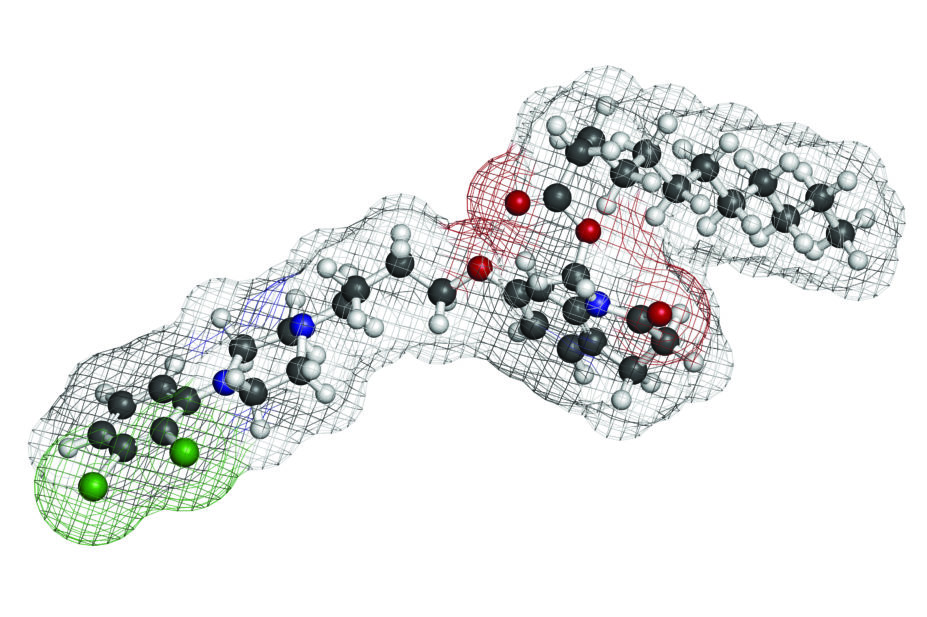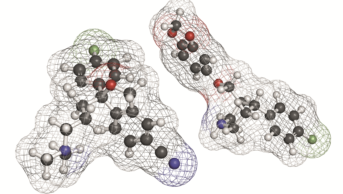
Shutterstock.com
Less than one-third of patients with major depressive disorder (MDD) achieve remission with their first antidepressant therapy. Recent evidence has suggested that adding the antipsychotic
aripiprazole might be more beneficial than switching antidepressant.
In a randomised trial, 1,522 patients, the majority of whom were men, with treatment-resistant MDD were either switched to another antidepressant (bupropion), or had their existing treatment augmented with either bupropion or aripiprazole.
After 12 weeks, 28.9% of patients in the augment-aripiprazole group achieved remission compared with 22.3% of those switched to bupropion — a significant difference. Anxiety was more frequent within bupropion groups and weight gain was more frequent in the aripiprazole group.
Writing in the Journal of the American Medical Association
[1]
(online, 11 July 2017), the researchers say the results suggest that use of the augment-aripiprazole strategy could increase the odds of remission and response in MDD but, given the small effect size and risk of adverse events, further research is needed to weigh the costs and benefits.
References
[1] Mohamed S, Johnson G, Chen P et al. Effect of antidepressant switching vs augmentation on remission among patients with major depressive disorder unresponsive to antidepressant treatment: the VAST-D randomized clinical trial. JAMA 2017;318:132–145. doi: 10.1001/jama.2017.8036


